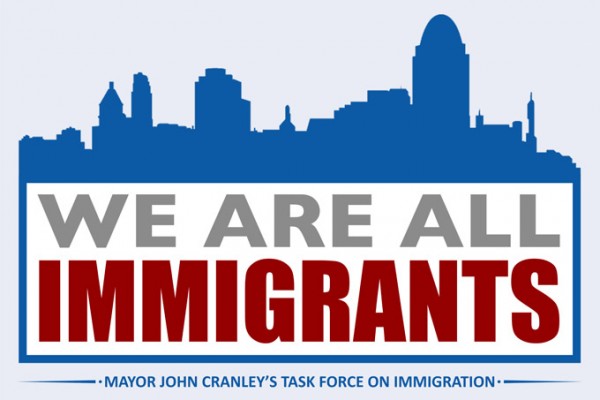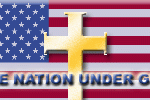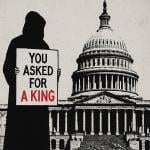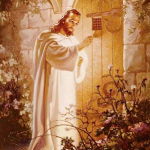 The seeds of dislike of immigrants have been sown in America since the days of Plimoth Colony, when their intense dislike of the Wollaston colony culminated in the sending of a letter of complaint about the behavior of the Wollastonites, to the Royal Governor.
The seeds of dislike of immigrants have been sown in America since the days of Plimoth Colony, when their intense dislike of the Wollaston colony culminated in the sending of a letter of complaint about the behavior of the Wollastonites, to the Royal Governor.
Wollaston, located in what is now Quincy MA and memorialized by Wollaston Beach, was a colony created by a British army Colonel named Wollaston, whose dreams of a plantation, worked by several hundred indentured servants, came to naught because the rocky New England soil did not produce well enough to make any real profit. Wollaston began the first of several treks, marching 50 to 75 indentured people to Virginia, where he sold them off for the length of their indentures, which were usually seven years.
While Wollaston was gone on his second trek, those remaining in Wollaston, in their despair, turned to drink, violence, consorting with natives and dancing around a Maypole they had built.
Plimoth, a faith-based community, was alarmed. Extending no compassion, these also-indentured folk turned to the law to quell the behavior of these neighbors who were strangers.
And ever since, new waves of immigrants have been greeted with a similar response: resistance to their differences of belief and lifestyle, and a strong tendency to see them as scofflaws.
This year’s political identification of immigrants as a dangerous threat to white, English-speaking America, surpasses all prior hostility in its fear-based rhetoric.
Undocumented Mexican immigrants have been repeatedly labelled criminals, rapists, murderers and welfare cheats. A third generation Americans of Mexican descent, a judge in fact, has been labelled a Mexican still, and accused of deep bias against Anglo-Americans.
Syrian refugees have been viewed as potential terrorists. Extreme vetting has been recommended for all Moslem immigrants, insisting on loyalty oaths to the ‘American way of life’, to ‘our values’, neither of which have any named definition.
The comparable nightmare, in American history, is the sowing of seeds of distrust among working class white people against black Americans, before the Civil War and throughout the century of segregation that followed it.
Fear campaigns have a political purpose: to divert public attention from solvable economic problems like minimum wage reform, worker unionization, expansion of educational opportunity, and taxation to move toward some equity between rich and poor.
Instead, public attention is pumped up by fear of ‘them’, an enemy who is cynically blamed for taking away jobs, depressing wages, and defeating the advancement of working class white people.
These fear campaigns are a nightmare proclaimed by the rich, who like shifting the blame for economic misery away from themselves.
Well, don’t we all like to have someone to blame?
But public scapegoating not only creates misery and gross injustice for blacks, Native Americans, Latinos, and now for immigrants and Moslems, it keeps us from addressing the social problems we need to face, problems that could be rectified by legislation, involving, of course, taxation to support new programs.
Lost in this political harangue are the values of Jesus, whom the fear-mongerers claim to worship. Any sense of the disliked as precious to God, as beloved in their own right, and as sisters and brothers of ours, is forgotten in the loudspeaking of fear.
Also forgotten is the heritage of Commonwealth. Both Massachusetts and Virginia are incorporated as Commonwealths, a concept that invokes the belief that we should be committed to one another’s welfare, as the early Bostonians wrote, “abridging ourselves of our superfluities for the sake of one another’s necessities.”
For the sake of our economic future, and for the sake of our souls, may we wake from our nightmare, and bring a wiser understanding of our problems, and a hope that is bigger than our fear, to the ballot boxes of the nation in November.
_______________________________________________________
Image: www.cincinnati-oh.gov.














